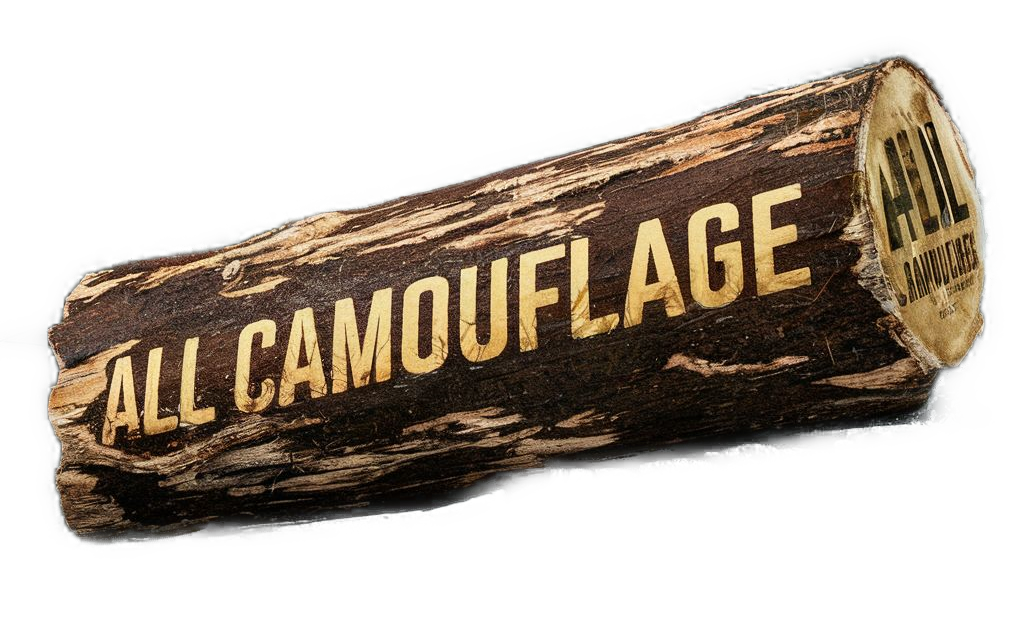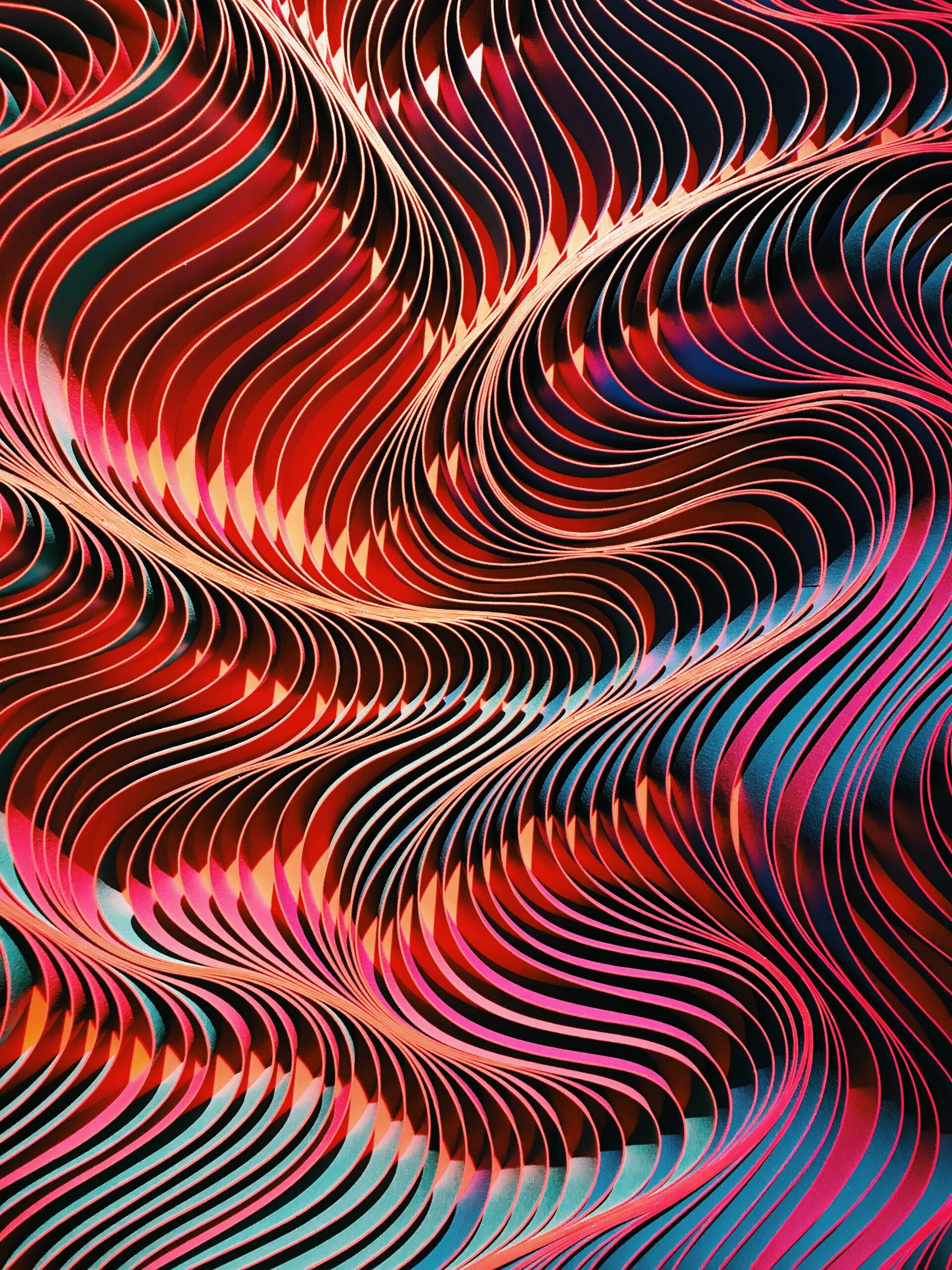Ever wondered why people wear camouflage clothing? It’s not just about blending in with the surroundings or looking like a hunter. This article delves into the fascinating reasons behind the popularity of camouflage clothing and explores its various uses beyond just military applications. Whether it’s fashion, hunting, or even a statement of individuality, you’ll uncover the hidden motivations behind this intriguing fashion trend. So get ready to discover the surprising reasons why people choose to wear camouflage clothing!
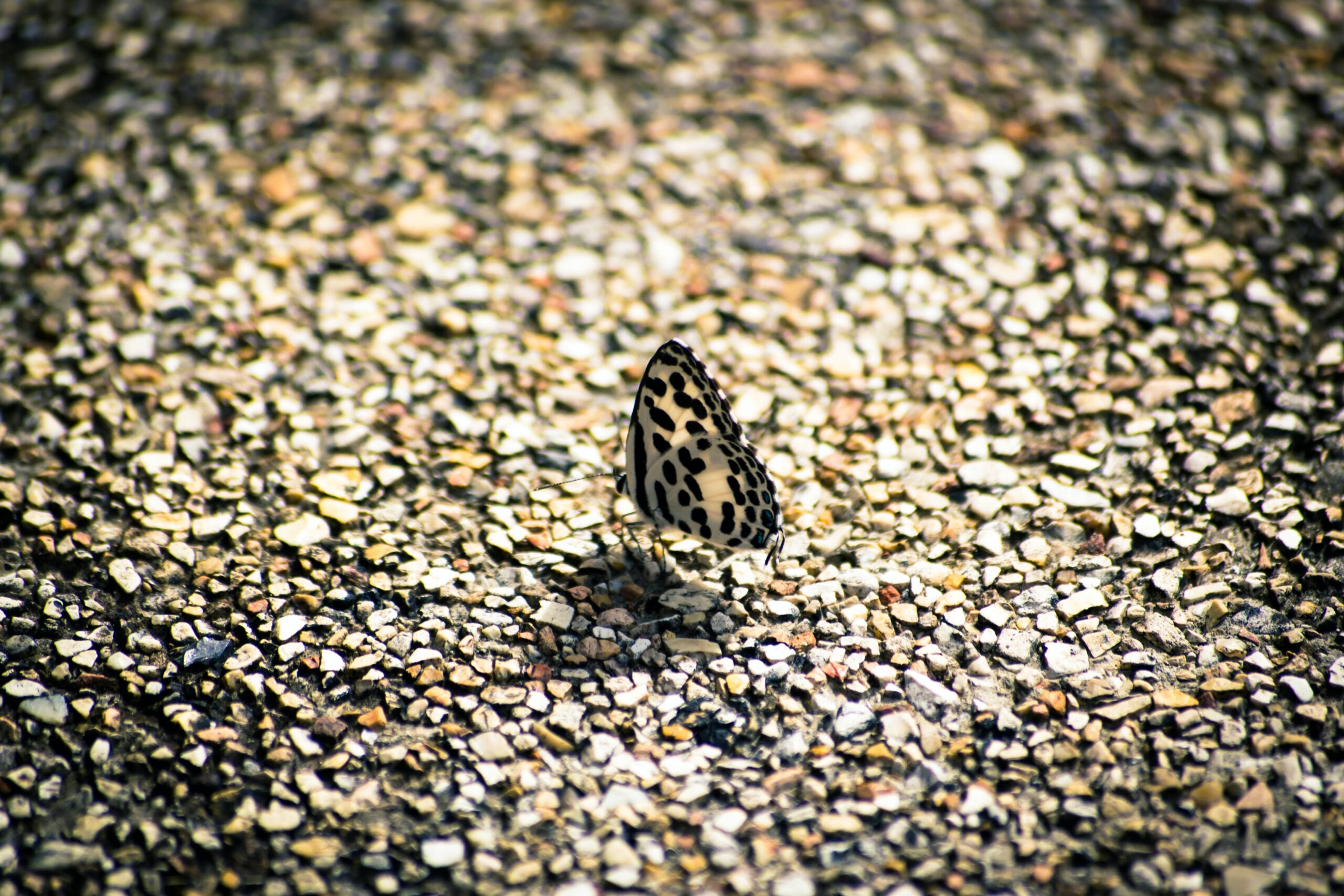
The Origin of Camouflage Clothing
Historical Use in Military
Camouflage clothing has a rich history, with its origins deeply rooted in military strategy. The use of camouflage in warfare can be traced back to ancient civilizations, where soldiers would don disguises or blend into their surroundings using natural materials such as branches and leaves. However, the modern concept of camouflage clothing can be attributed to the French during World War I. French army units began experimenting with painted uniforms and netting to break up the human silhouette and blend into the background terrain, enabling them to move discreetly and avoid enemy detection.
Evolution from War to Everyday Wear
As the use of camouflage became more prominent in military operations, its effectiveness and benefits were recognized beyond the battlefield. Camouflage clothing started to make its way into everyday wear, as individuals began to appreciate its practicality and fashion appeal. The transition from being solely used in warfare to becoming a stylish trend in civilian life can be seen as a result of increased exposure in popular culture and the desire for individuals to adopt the ruggedness and boldness associated with military aesthetics.
Different Types of Camouflage Across the World
Camouflage patterns have evolved and diversified across different regions of the world. Each culture has developed unique strategies for blending in with their specific environments. For example, the woodland camouflage patterns used by Western countries often mimic the colors and textures of forests and foliage. On the other hand, desert camouflage patterns are specifically designed to blend in with the arid landscapes of desert regions. Similarly, there are urban or digital camouflage patterns, which aim to mimic the chaotic patterns and colors found in urban environments. The diversity and adaptability of camouflage designs reflect the vast range of environments and conditions in which it is used.
Use of Camouflage in the Military
Camouflage for Concealment and Deception
In the military, the primary purpose of camouflage clothing is to provide concealment and deception. By blending into the environment, soldiers can remain hidden from the enemy’s line of sight, enabling them to launch surprise attacks or gather intelligence without detection. The ability to deceive the enemy’s perception is also crucial in ensuring the safety and success of military operations. Camouflage clothing is designed to disrupt the human silhouette and make it difficult for the enemy to distinguish individuals from their surroundings.
Specific Types Used by Various Armed Forces
Different armed forces around the world have developed their own unique camouflage patterns, tailored to their specific needs and environments. For instance, the United States military utilizes the well-known pixelated camouflage known as the “pixellated” or “military digital” patterns. The British military employs the Multi-Terrain Pattern (MTP), which is designed to blend into a range of environments. These specific camouflage patterns are carefully selected and rigorously tested to ensure optimal camouflage for each military’s operational requirements.
Importance of Camouflage in Military Survival
In military operations, the use of camouflage clothing can be a matter of life or death. The ability to remain hidden can directly impact the survival of soldiers in combat situations. By reducing their visibility and making it harder for the enemy to detect their presence, camouflage clothing plays a crucial role in enhancing soldiers’ chances of survival. Additionally, camouflage helps to maintain the element of surprise, allowing military units to gain the upper hand in engagements.
Camouflage in Hunting
Use and Effectiveness in Hunting
Camouflage clothing has become a staple in the hunting world, as it provides hunters with a tactical advantage. By blending into the natural surroundings, hunters can get closer to their prey without alerting them. This increased level of stealth and concealment allows hunters to make more accurate shots and increases their chances of a successful hunt. Camouflage clothing also minimizes the likelihood of animals detecting human scent, further enhancing the effectiveness of hunters.
Camouflage Enhancing the Chase
Aside from the functional benefits, wearing camouflage clothing adds an exciting element to the hunting experience. The hunter becomes a part of the natural environment, allowing for a more immersive and captivating chase. The use of camouflage not only aids in the pursuit of game but also adds to the sense of adventure and connection to nature that many hunters seek.
Different Types of Camouflage for Different Hunting Environments
Just as in the military, hunters require different camouflage patterns that suit their specific hunting environments. For example, tree bark or leaf patterns are popular among hunters who frequent woodland areas, while grass or marshland patterns are favored by waterfowl hunters. The adaptability of camouflage designs ensures that hunters can effectively blend into their surroundings, maximizing their chances of a successful hunt.
Camouflage in Wildlife Photography
Clothing and Wildlife Photography
Camouflage clothing is not limited to military and hunting applications; it also plays a significant role in wildlife photography. Photographers often need to get up close to capture detailed shots of animals in their natural habitats. Wearing camouflage clothing helps them blend into the environment, reducing the chances of scaring away the animals. This allows photographers to capture more authentic and intimate moments without disturbing the natural behavior of the wildlife.
How Camouflage Supports Wildlife Observation
Camouflage clothing facilitates a deeper level of wildlife observation by reducing the photographer’s impact on the subject. Animals tend to exhibit their natural behavior when they are undisturbed, and camouflage helps maintain this sense of normalcy. By wearing clothing that imitates their surroundings, photographers can become part of the environment and capture genuine moments without disrupting the animal’s natural habitat.
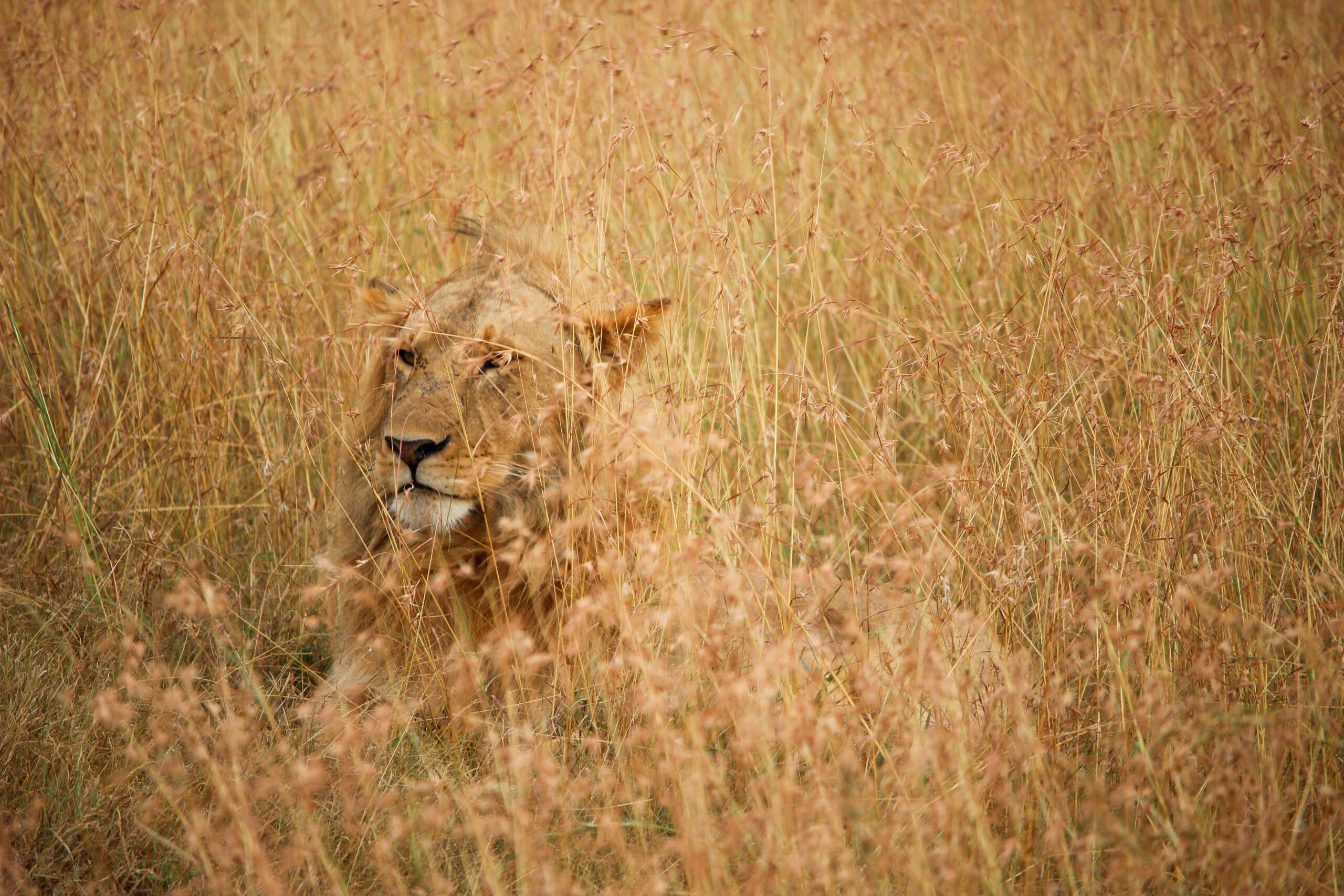
Camouflage Clothing in Pop Culture
The Transition into Fashion
In recent decades, camouflage clothing has made a significant transition from purely functional attire to a popular fashion statement. The rugged and rebellious aesthetic associated with military gear has found its place in pop culture, making camouflage prints a prevalent fashion trend. From military-inspired jackets and cargo pants to accessories adorned with camouflage patterns, the fashion industry has embraced the edgy and versatile nature of camouflage, transforming it into a symbol of individuality and style.
Pop Symbols Associated with Camouflage
Camouflage patterns have become iconic symbols in popular culture, representing rebellion, strength, and a sense of toughness. In the music industry, artists like Michael Jackson and Destiny’s Child have famously sported camouflage attire. Famous figures like Tupac Shakur and Rihanna have further cemented the association between camouflage and streetwear fashion. The use of camouflage patterns in music videos, films, and other forms of entertainment has contributed to its enduring popularity and cultural significance.
Influence of Celebrity Culture on Camouflage Trend
The influence of celebrities in popularizing camouflage clothing cannot be underestimated. Fashion-forward celebrities who embrace streetwear and military-inspired fashion have a powerful impact on mainstream trends. When a celebrity sports a camouflage jacket or incorporates camouflage accessories into their outfits, it immediately catches the attention of the media and their fans. This exposure elevates the trend and encourages people to incorporate camouflage clothing into their own wardrobes, further propelling its prevalence in the fashion world.
Controversy Surrounding Camouflage Fashion
Political Implications
Camouflage fashion can often carry political undertones and spark controversy. The association of camouflage with the military, particularly during times of war or political conflicts, can be seen as a statement of support or protest. Some individuals view the wearing of camouflage clothing as a political statement, expressing solidarity with armed forces or opposition to militarism. The political implications differ across contexts and societies, making the wearing of camouflage clothing a subject of ongoing debate.
Public Opinion on Camouflage Wear in Civilian Life
Public opinion on wearing camouflage clothing in civilian life varies widely. For some, it is seen as a fashion choice that reflects personal style and taste. Others might interpret it as an act of cultural appropriation or an insensitive display of military-inspired aesthetics. The divergent perspectives on this matter can lead to heated discussions and debates.
Cultural Appropriation Arguments
The adoption of camouflage fashion by individuals who are not directly affiliated with the military has sparked debates about cultural appropriation. Some argue that wearing camouflaged clothing without a genuine understanding or respect for the military context is disrespectful to those who serve or have served in the armed forces. These discussions highlight the need for individuals to approach camouflage fashion with sensitivity, awareness, and an understanding of its historical and cultural significance.
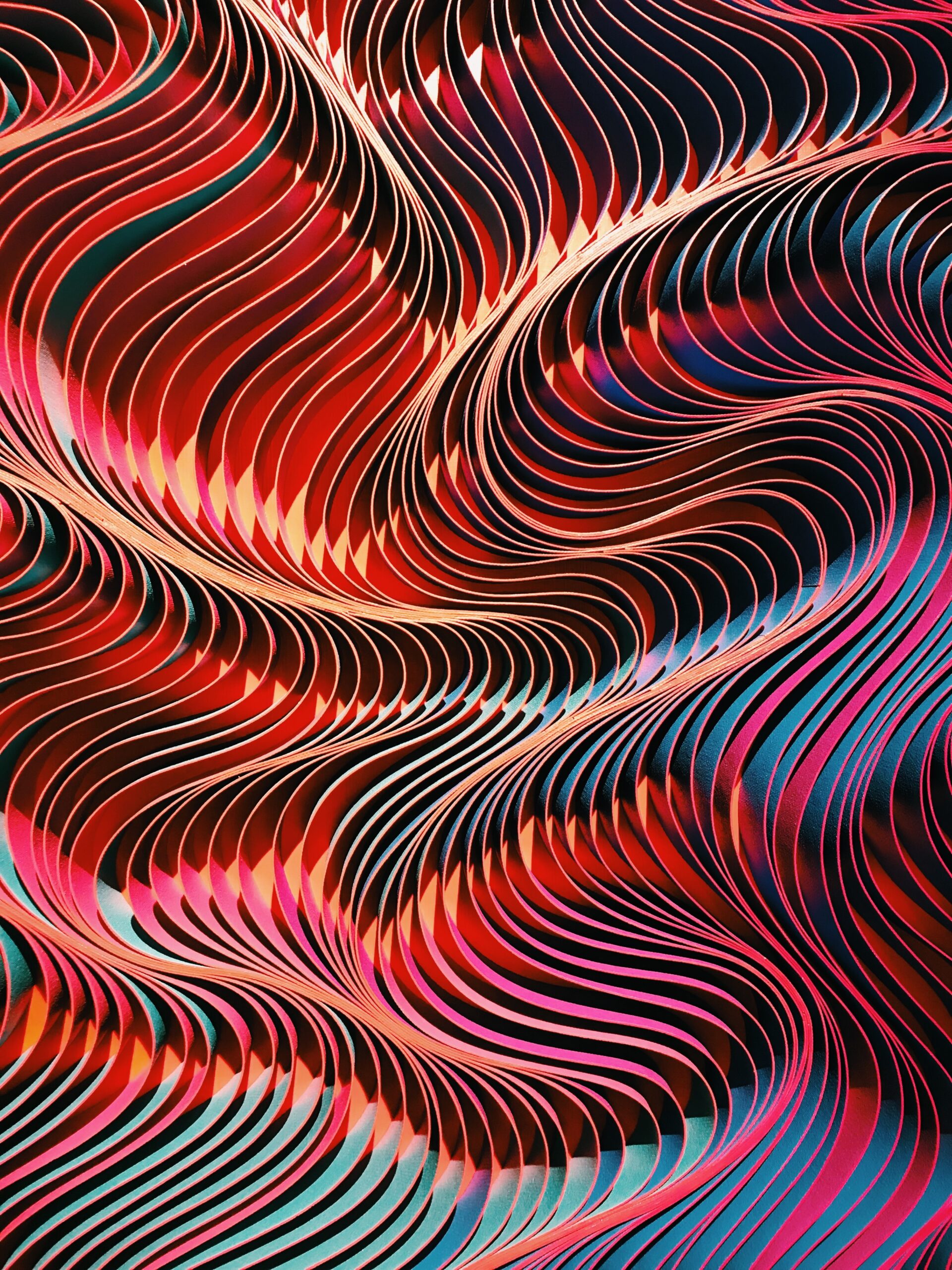
Camouflage Clothing in Streetwear
Impact on Streetwear Market
Camouflage clothing has significantly impacted the streetwear market, transforming it into a thriving industry. Streetwear brands incorporate camouflage designs into their collections, attracting a wide range of fashion enthusiasts. The integration of camouflage patterns with unique cuts and styles appeals to a younger demographic seeking fashionable yet comfortable pieces. The rise of camouflage in streetwear has blurred the boundaries between military-inspired clothing and urban fashion, creating a subculture that embraces both style and functionality.
Key Players and Brands in Streetwear Camouflage
Numerous brands have emerged as key players in the streetwear camouflage niche. Brands like BAPE (A Bathing Ape) and Supreme have successfully integrated camouflage patterns into their collections, becoming iconic symbols of streetwear culture. These brands have cultivated a devoted following, with their limited-edition camouflage pieces often becoming highly sought after in the fashion and streetwear community.
Psychological Perspective of Wearing Camouflage
Psychological Implications of Wearing Camouflage
Wearing camouflage clothing can have psychological implications for individuals. The act of wearing camouflage can make people feel empowered, as it taps into the association with strength, resilience, and military aesthetics. The psychological impact can vary depending on the individual’s personal experiences and perception of camouflage. Some may feel a sense of protection and confidence, while others may simply enjoy the fashion appeal and the statement it conveys.
Camouflage and Personal Identity
Camouflage clothing can also contribute to the construction of personal identity. For some individuals, wearing camouflage serves as a means of self-expression, reflecting their interests, lifestyle, or rebellious spirit. Camouflage patterns allow individuals to present themselves as part of a specific subculture or to align themselves with a particular set of values or ideals associated with military aesthetics. Thus, camouflage clothing can play a role in shaping and communicating one’s personal identity.
Children and Camouflage Clothing
Influence on Children’s Clothing Industry
The popularity of camouflage clothing extends beyond adults to children’s fashion. Camouflage patterns have become prevalent in the children’s clothing industry, with brands offering a wide range of options for young fashion enthusiasts. The market for children’s camouflage clothing reflects the influence of adult fashion trends on younger demographics, enabling children to emulate the style and fashion choices of their role models.
Children’s Attraction to Camouflage Patterns
Children are often attracted to the bold and visually appealing patterns found in camouflage clothing. The vibrant mix of colors and the sense of adventure associated with military-inspired aesthetics captivate their imagination. The allure of camouflage patterns, combined with the influence of popular culture and media, contributes to the demand for children’s camouflage clothing and its integration into their everyday fashion choices.
The Future of Camouflage Clothing
Future Trends
As fashion and technology continue to evolve, the future of camouflage clothing is likely to see advancements and innovations. Designers may experiment with new materials and patterns to enhance the functionality and durability of camouflage clothing. The integration of smart textiles, such as fabrics that change color or adapt to the environment, could further revolutionize camouflage design. Additionally, patterns inspired by futuristic notions of camouflage, such as optical illusions or adaptive coloration, may emerge as new trends in the coming years.
Technological Advancements in Camouflage Design
Advancements in technology are expected to contribute to the improvement of camouflage clothing. New techniques in fabric dyeing and printing methods will likely yield more realistic and effective camouflage patterns. Additionally, the development of lightweight and breathable materials will enhance the comfort and functionality of camouflage clothing, making it more suitable for various climates and activities.
Potential Shift Towards Invisibility Cloaks
While it may seem like something out of science fiction, the concept of invisibility cloaks has been explored in recent years. Advancements in materials like metamaterials and the use of adaptive camouflage technology may eventually pave the way for true invisibility cloaks. This technology would enable wearers to blend seamlessly into their surroundings, rendering them virtually invisible. While this possibility remains in the realm of speculation, the potential for camouflage clothing to evolve into something truly extraordinary is an intriguing prospect for the future.
